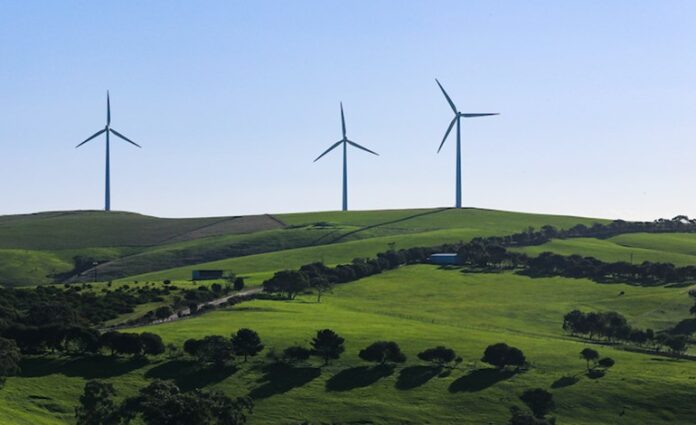To help avoid a disorderly transition to net zero, the Government should publish a net zero delivery plan which takes account of energy security, and makes clear what decisions are needed by when.
This would help provide additional confidence to the public, business, and investors says the House of Lords Economic Affairs Committee.
The Government has committed in law to achieve net zero by 2050. It has stated that its target is to decarbonise the power system by 2035. This report examines some of the steps needed to meet these targets, particularly how the Government can mobilise the capital needed to ensure the transition is orderly and that energy supply is affordable and reliable. It also briefly sets out measures to mitigate the energy affordability crisis which started in 2021 and was then exacerbated in February 2022 when Russia invaded Ukraine.
Private investment is required to achieve net zero. However, there is a gap between the Government’s ambitions and the practical policy that is needed to provide confidence and clear market signals to investors. The Government has set capacity targets for sources of low carbon power generation without explaining what balance of public and private investment is needed. The Government should set this out in broad terms and provide an assessment of relevant costs and savings.
The consequences of the Ukraine crisis have made the task of achieving net zero, while ensuring energy security and affordability, more complex. To help avoid a disorderly transition and to provide clarity to investors, the Government should publish a net zero delivery plan which takes account of energy security, making clear what decisions and operational actions are needed, and by when. Any such plan will need to incorporate the flexibility required by a three-decade, economy-wide transition.
Several steps could be taken now which could make a significant difference to energy security and affordability over the next three to five years.
The Government it says should harness public concern about high energy bills to speed up the pace of home insulation and other measures to improve energy efficiency and re-examine its ambitions for onshore wind, while being mindful of there being some local opposition to it; and explore how local communities could benefit from the energy that is produced in their areas
It should also urgently seek an agreement with its European partners on energy co-operation, as there is no agreement in place to manage energy supply emergencies and continue to seek to maintain existing energy generation in the short term, including coal power stations where necessary, to reduce dependency on expensive gas imports.
Among its longer term recomendations the Committee says the a strategy should design market models for low carbon technologies – such as long-duration storage, blue and green hydrogen, and carbon capture and storage – so as to make energy pricing more predictable
It should include energy security objectives in the National Planning Policy Framework alongside the climate change objectives and enable more investment in the North Sea, while ensuring any extension of oil and gas exploration or investment should focus on projects with short lead times and payback periods, to limit the risk of stranded assets
It should set out whether it intends to move forward with a levy on electricity generators as soon as possible, to avoid damaging investor confidence further and address, in its forthcoming critical minerals strategy, the steps the UK needs to take to avoid becoming reliant on strategic competitors, notably China, for critical minerals needed for low-carbon technology; and examines supply chain vulnerabilities and policies to mitigate them.
Lord Bridges of Headley, Chair of the House of Lords Economic Affairs Committee, said:
“The impact of Russia’s invasion of Ukraine on energy prices has been a wake-up call on how vulnerable our energy security is.
“The Government has set ambitious targets for low-carbon power generation, but there is a gap between those ambitions and practical plans for delivery. If we don’t plug that gap, and fail to ensure that our energy is reliable, affordable and renewable, our transition to net zero will be disorderly – and we will all pay the price.
“So action is needed to build investor confidence, mobilise more capital and accelerate the deployment of renewables in the decades to come. The message to the Government is clear: act now to avoid falling into the gap.”







